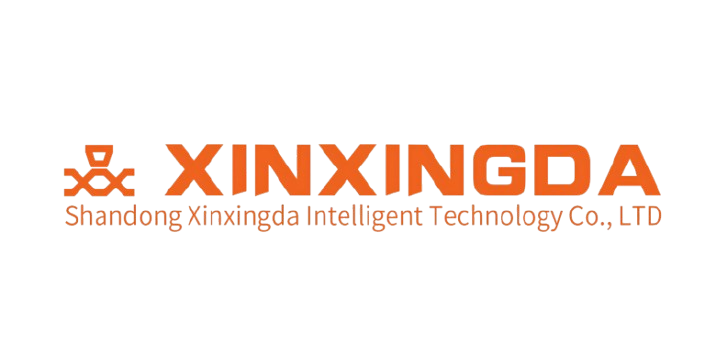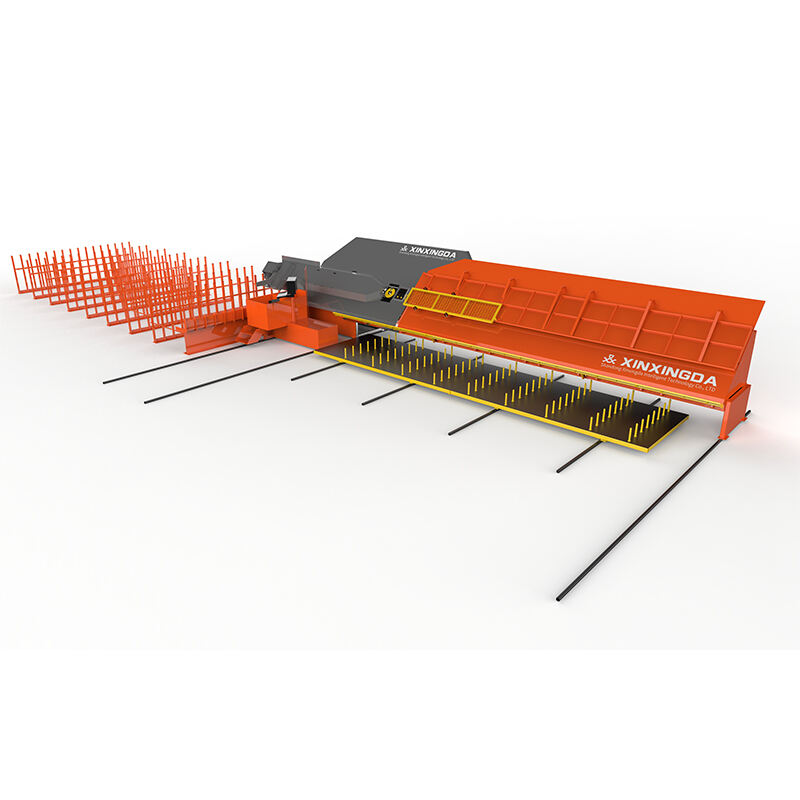The Digital Revolution in Construction Technology
The construction industry is experiencing an unprecedented transformation as smart construction equipment reshapes traditional workflows and methodologies. This technological evolution is revolutionizing how construction projects are planned, executed, and monitored, bringing enhanced efficiency, safety, and productivity to modern job sites.
From autonomous machinery to IoT-enabled devices, smart construction equipment is not just changing the way we build – it's redefining what's possible in the construction sector. As we delve deeper into this technological renaissance, we'll explore how these innovations are creating smarter, safer, and more sustainable construction environments.
Key Components of Intelligent Construction Systems
Advanced Sensor Integration
Modern smart construction equipment leverages sophisticated sensor systems to collect real-time data about their operation and environment. These sensors monitor everything from equipment performance and fuel efficiency to maintenance needs and operational patterns. The integration of LiDAR, GPS, and other positioning technologies enables precise movement and placement, dramatically reducing human error and improving accuracy.
Environmental sensors also play a crucial role, monitoring conditions like temperature, humidity, and air quality to ensure optimal working conditions and equipment performance. This comprehensive monitoring system allows project managers to make data-driven decisions and adjustments in real-time.
AI and Machine Learning Capabilities
Artificial intelligence and machine learning algorithms are the brains behind smart construction equipment, processing vast amounts of data to optimize operations. These systems can predict maintenance requirements, suggest efficient operating patterns, and even automate routine tasks. The learning capabilities mean that the equipment becomes more efficient over time, adapting to specific job site conditions and requirements.
Machine learning algorithms also enable advanced features like obstacle detection and avoidance, ensuring safer operation in complex environments. This intelligent automation reduces operator fatigue while maintaining high levels of precision and productivity.
Operational Benefits of Smart Equipment
Enhanced Productivity and Efficiency
Smart construction equipment significantly boosts productivity through automated processes and optimized operations. Machines equipped with intelligent systems can work continuously with consistent precision, reducing the time required for traditional manual measurements and adjustments. This enhanced efficiency translates to faster project completion times and reduced labor costs.
The integration of smart features allows for better resource allocation and utilization. Equipment can be programmed to follow optimal paths, minimize fuel consumption, and coordinate with other machines on site, creating a synchronized workflow that maximizes productivity.
Improved Safety Standards
Safety enhancements through smart technology represent one of the most significant advantages of modern construction equipment. Advanced collision detection systems, proximity sensors, and automated safety protocols help prevent accidents and protect workers. Real-time monitoring systems can detect potential hazards before they become dangerous situations.
Smart equipment also reduces human exposure to hazardous environments by enabling remote operation capabilities. Operators can control machinery from safe distances when working in challenging or dangerous conditions, significantly reducing workplace risks.
Cost Impact and ROI Considerations
Initial Investment Analysis
While smart construction equipment typically requires a higher initial investment compared to traditional machinery, the long-term benefits often justify the cost. The integration of smart technologies can lead to significant reductions in operating costs through improved efficiency, reduced maintenance needs, and lower fuel consumption.
Organizations must consider factors such as project scale, frequency of use, and potential productivity gains when evaluating the investment in smart equipment. The ability to complete projects faster and with fewer errors often results in quicker return on investment than initially anticipated.
Long-term Financial Benefits
The long-term financial advantages of smart construction equipment extend beyond direct operational savings. Reduced downtime due to predictive maintenance, decreased labor costs through automation, and improved project accuracy all contribute to substantial cost savings over time. Additionally, the ability to track and optimize equipment usage leads to better asset management and extended equipment lifespan.
Smart equipment also helps minimize costly errors and rework, which can significantly impact project budgets. The precision and consistency offered by automated systems ensure tasks are completed correctly the first time, reducing material waste and labor hours.
Future Trends and Developments
Emerging Technologies
The future of smart construction equipment looks increasingly sophisticated with the emergence of new technologies. Advances in 5G connectivity will enable faster data transmission and more responsive remote operations. The integration of augmented reality (AR) and virtual reality (VR) systems will provide operators with enhanced visualization and control capabilities.
Developments in battery technology and electric powertrains are also shaping the future of construction equipment, promising more sustainable and environmentally friendly operations. These innovations will continue to push the boundaries of what's possible in construction automation.
Industry Integration and Adoption
The construction industry is gradually moving towards fuller integration of smart equipment across all project types and sizes. As technology becomes more accessible and cost-effective, smaller contractors and construction firms are beginning to adopt smart solutions. This widespread adoption is creating new standards for construction efficiency and quality.
The increasing focus on sustainable construction practices is also driving the adoption of smart equipment, as these technologies enable better resource management and reduced environmental impact. This trend is likely to accelerate as environmental regulations become stricter and clients demand more sustainable construction methods.
Frequently Asked Questions
What makes construction equipment 'smart'?
Smart construction equipment incorporates advanced technologies such as sensors, GPS, AI, and IoT connectivity to enable automated operation, real-time monitoring, and data-driven decision-making. These features allow the equipment to operate more efficiently, safely, and precisely than traditional construction machinery.
How does smart construction equipment improve project timelines?
Smart equipment improves project timelines through automated operations, reduced human error, optimized resource allocation, and predictive maintenance. These capabilities enable faster task completion, minimal downtime, and more efficient project coordination, ultimately leading to shorter overall project durations.
What training is required to operate smart construction equipment?
Operators typically need specialized training to effectively use smart construction equipment, including understanding digital interfaces, interpreting data analytics, and managing automated systems. Many manufacturers offer comprehensive training programs that combine traditional operating skills with technical knowledge of smart features and systems.


